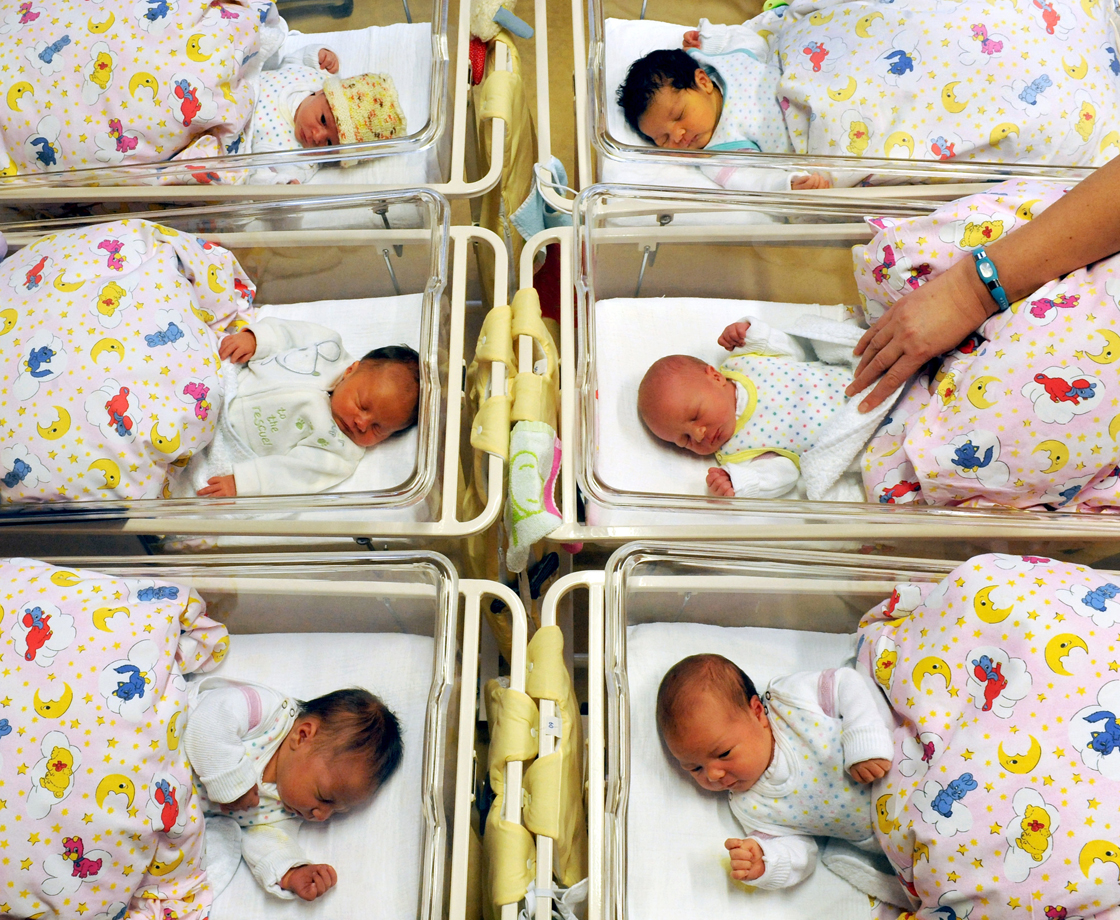TORONTO – Scientists are slowly changing their stance on the health hazards of sipping on small amounts of alcohol while pregnant.

The latest study, conducted by British researchers at University College London, is suggesting that expectant moms can consume small amounts of alcohol without putting their developing babies at risk – about two units of alcohol a week.
The research is adding to a growing collection of literature that is contrary to public health officials’ steadfast advice to stay away from alcohol while pregnant.
Last week, headlines surfaced following the report’s release suggesting that “light drinking” during pregnancy isn’t harmful to babies.
Global News takes a look at the study’s findings, the counter-arguments and the verdict from a Canadian expert.
The study’s findings:
The British study tracked the health of 10,534 seven-year-olds and their mothers in the United Kingdom. Through questionnaires, and interviews with the parents and the kids’ teachers, scientists pieced together how the kids were doing with school performance in math, reading and spatial skills. They also looked at issues such as hyperactivity, and attention deficit disorder.
Meanwhile, moms were asked about their alcohol consumption while they were pregnant.
Turns out, there was no difference between the kids if their moms drank or abstained from alcohol at the time they were pregnant. The study even suggests that boys born to “light drinkers” had slightly fewer behavioural problems and higher reading skills, Time reports.
The research suggests that “light drinking” is safe. It’s defined as consuming up to two units of alcohol a week – a unit is about half a pint of beer or a single measure or a glass of red wine, according to Drink Aware in the United Kingdom.
Sound bite: “We know heavy drinking during pregnancy has a very deleterious effect, but it is very unlikely that drinking small amounts will have an impact,” study co-author Yvonne Kelly told BBC News.
The counter-argument:
On the other end of the spectrum are health officials’ warnings to stay away from alcohol while you’re pregnant.
The Public Health Agency of Canada, for example, argues that “no one knows how much alcohol it takes to harm a developing baby.”
The federal agency suggests that women avoid all types of alcohol: beer, wine, cocktails, coolers, hard liquors and even hard ciders.
Dr. Gideon Koren, of Sick Kids Hospital in Toronto, has studied the controversial subject for decades. He notes in a study that physicians suggest that mild, occasional drinking is safe, but that measurement isn’t backed by science.
“A safe threshold for maternal alcohol intake has not yet been established, and virtually all medical societies and expert groups addressing this issue strongly recommend abstaining from alcohol during pregnancy. It is, therefore, surprising that Canadian women and many family physicians still believe that women can continue to drink during pregnancy,” he said in his study’s synopsis.
Sound bite: “Women should be advised to abstain from alcohol during pregnancy. There are insufficient data to suggest a safe threshold for fetal alcohol exposure,” Koren said in his 2004 study.
Our expert weigh in:
Dr. Rena Mendelson, a Ryerson University nutrition professor with more than 40 years of experience in the field, notes a flaw in the study’s methodology.
“It’s not totally prospective. It is based on recall so that’s always a problem – especially getting people to recall consumption, whether it’s alcohol or food, it’s very hard to capture that,” she told Global News.
Moms were asked about their drinking habits at the end of their nine month pregnancy.
“It’s also very hard to capture content on alcohol consumption during pregnancy because there’s such a taboo associated with it. The authors confessed this was a shortcoming of the study,” Mendelson said.
She said that small amounts of alcohol haven’t been known to cause serious harm. It wasn’t until the 1970s that Fetal Alcohol Syndrome was identified so before then, there was no prohibition against drinking during pregnancy.
Even then, it’s women who are drinking “in true excess” who are putting their babies at risk of this condition that leaves them with problems such as abnormal skeletal, muscle and cognitive growth, poor prognosis in school performance and even heart defects.
Health officials informed the public of FAS, urging women to abstain from alcohol to keep their growing babies safe and healthy as a precaution.
“The policy is the safest policy you could come up with. Suddenly, over about 30 years later, people are horrified if someone is pregnant and drinks,” Mendelson said.
“That’s how powerful the message has become,” she said.
She said she’s even heard bartenders vowing to quit their jobs before serving an expectant mom a drink.
“If somebody asked my advice, I’d say you’re not going to harm the baby if you have one drink. We have to get rid of that guilt,” she said.
Mendelson does not treat pregnancy patients and said she wouldn’t prescribe any specific amounts, but “an occasional drink is not going to cause severe damage.”
Health Canada’s website says alcohol and pregnancy don’t mix at all.
“There is no safe amount or safe time to drink alcohol during pregnancy or when planning to be pregnant,” the website states.
It warns that the alcohol rapidly reaches your baby through your bloodstream and the effects can vary depending on the health of the mother and also the amount, pattern and timing of drinking.
carmen.chai@globalnews.ca
Follow @Carmen_Chai




Comments